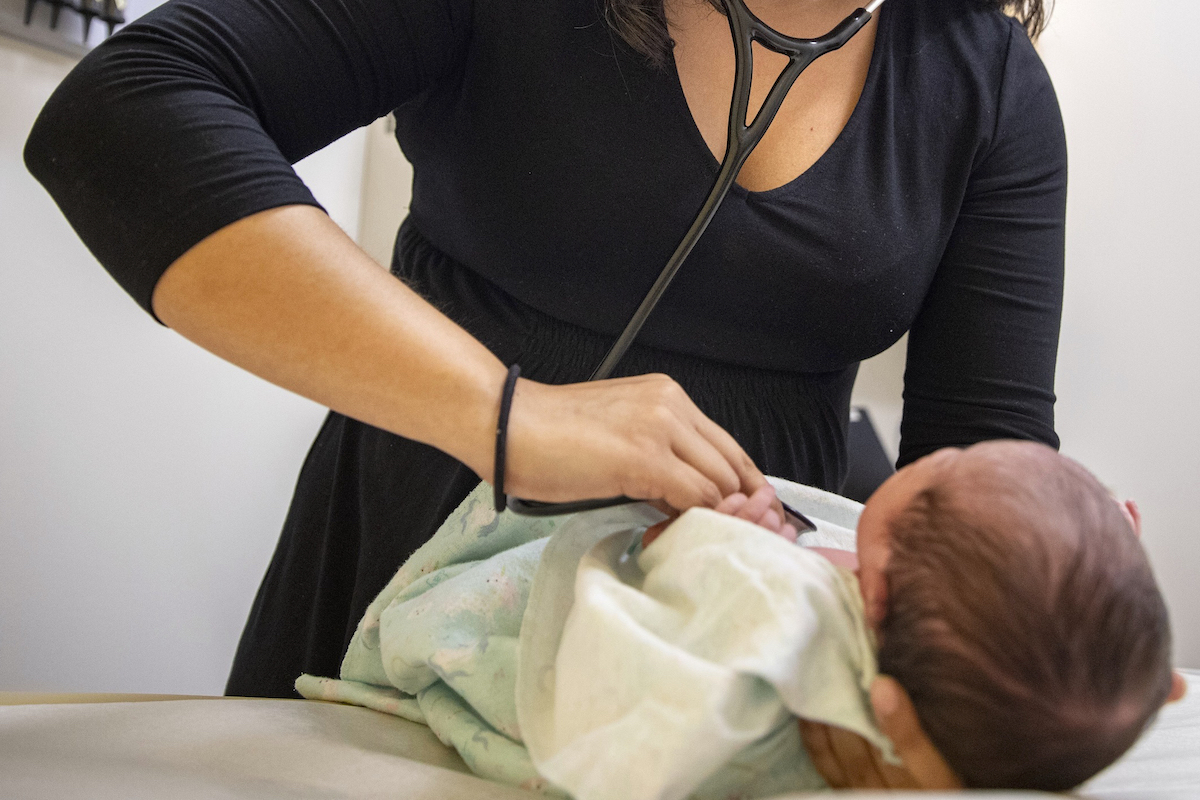Heart disease hits Black people at a higher rate than almost any other group in America, but it's a problem that doesn't need to exist, and a local group is working to change the statistics.
For Kyree Miller, the fight to help communities of color improve their heart health is very personal. He knows what it feels like to die.
"I remember everything going white and I completely flatlined, and I came back just before they were going, 'Clear!'" Miller said.
It was the first of three times the 30-year-old has gone into cardiac arrest.
Get Boston local news, weather forecasts, lifestyle and entertainment stories to your inbox. Sign up for NBC Boston’s newsletters.
"There has been heart trouble in my family for generations, which, you know, often runs through the Black community," Miller said.
Miller, who is on the waitlist for a heart transplant, is working with the HeartBrothers Foundation, a nonprofit based in Marlboro that's focused on educating people in minority communities about heart health.
"They want to bridge the gap. They want to help the problem so that statistics don't look the way that they've been looking," he said.
The fact that Black people are so much likelier to be diagnosed with heart disease isn't because of a "biological or genetic component to a racial or ethnic group," said Dr. Cheryl Clark, program director for the Health Equity Research and Intervention team at Brigham and Women's Hospital's Center for Community Health and Health Equity.
Race and ethnicity are social categories, she said, and the disparity comes down to social factors.
"American communities are more likely to be unable to seek care because of cost differences in having access to insurance, differences in employment rates," Clark said.



